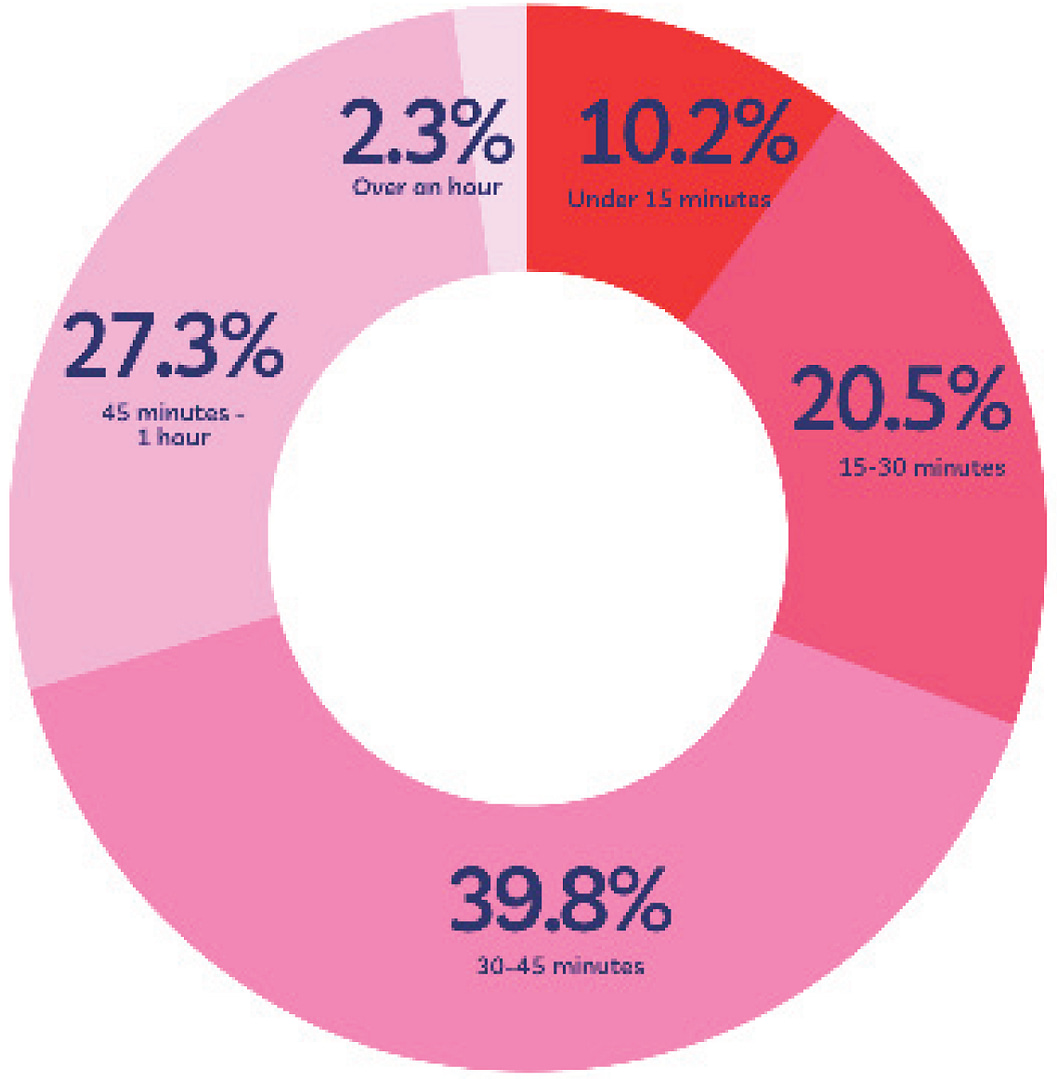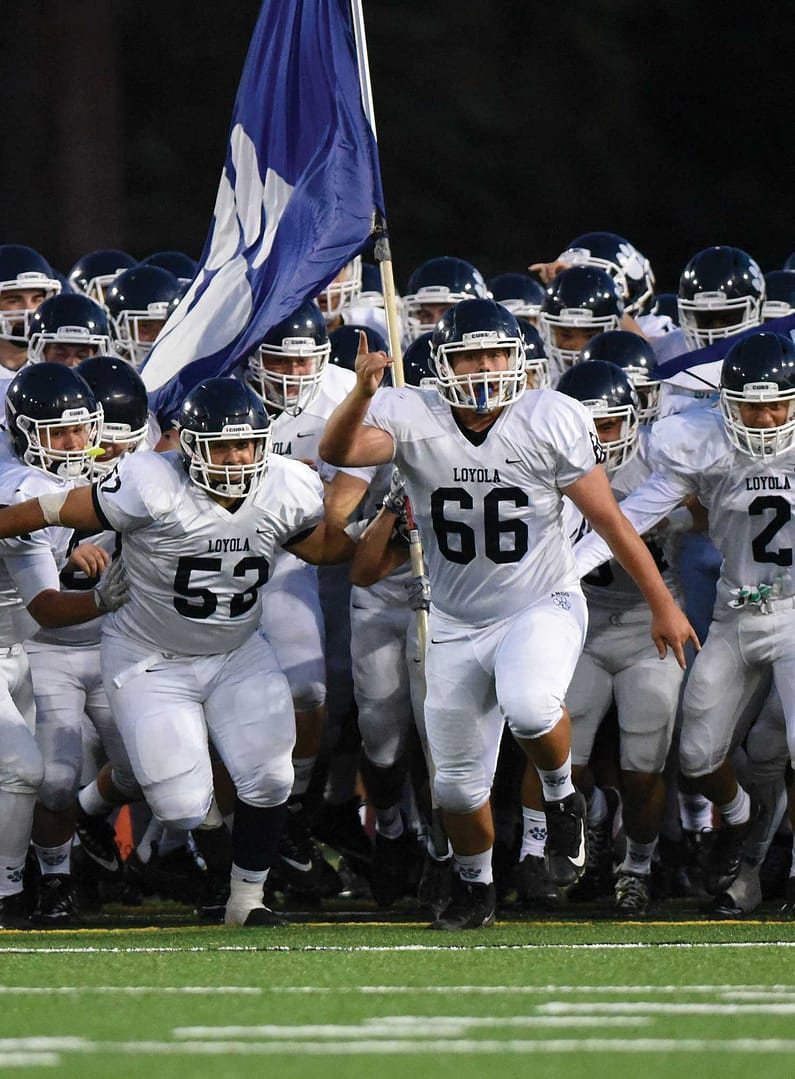Dr. Martin Luther King Jr., an American Baptist minister and social rights activist, serves as one of the most influential figures in the Civil Rights Movement and is celebrated every January 18th on MLK Day. Dr. Martin Luther King Jr.’s legacy is drawn from his powerful decisions and actions that live on today, influencing the Loyola community’s values of championing diversity and advocating for equity.
Director of the Office of Equity and Inclusion Jamal Adams stated, “Dr. Martin Luther King’s legacy is pertinent to Loyola because his spirituality truly allowed him to see the best in all people, including those that are diametrically opposed to what he was trying to do.”
Each year, Cubs work to become better citizens and follow the motto “Men for and with others.” The Cub’s outlook on life matches MLK’s constant desire to foster inclusivity and advocate for racial and social equality. Each year our Office of Equity and Inclusion embraces the teachings of MLK and strives to promote inclusion and equality within the Loyola community.
President of the Office of Equity and Inclusion’s Student Senate Yvann Batamack ’21 stated, “Martin Luther King is an influential figure for Loyola because he was one of the catalysts for the movements that we see today, as well as the Civil Rights Movement of the 60s. Despite public opinion of his work, MLK continued to persevere through hardships and eventually died for the causes he believed in. His countercultural and atypical response to the systematic oppression of African-Americans cements him as a leader in the national community that transcended notions of popularity, status, and power to lead a movement that mends racial relationships on both sides (white and black) with humility and love.”
Cubs live out Dr. King’s dream by advocating for peace, unity, love, change, leadership, and service. The Office of Equity and Inclusion promotes the importance of coming together in a supportive environment through its “Brave Space” meetings where students share their experiences and engage in critical conversations that promote honest connection, healing, and sharing.
Office of Equity and Inclusion Student Senator Christopher Goodelle ’21 said, “MLK stands as the message of what the Office of Equity and Inclusion attempts to foster: amplifying the unheard voices of our most vulnerable brothers and sisters in our country. We, as a community, need to stay impassioned and enlivened to heed the call of MLK to unite together in the face of America’s original sin, racism. We need to turn his dream of a country where people will be judged not by the color of their skin but the content of their character into a reality in our own community.”
Similar to how Dr. Martin Luther King, Jr. challenged the world to recognize that true liberty depends on our acceptance of equality, Loyola has strived to open its doors to hundreds of students, faculty, and parents every year.
Batamack said, “MLK embodies our message of trying to encounter different perspectives through conversation, not the violence of words or actions. We can only expand our notions of others, ourselves, and our role in society if we are brave enough to sit down and have an exchange of ideas without molding another perspective into our limited understanding. MLK kept marching through resistance, some would even say with reckless abandon.”
Dr. Martin Luther King Jr.’s work and words continue to serve as examples of strength, compassion, and commitment to equality, justice, and inclusion. January 18th is a day of “National Day of Service.” Cubs work for others, our community and do “service for all.” Martin Luther King Jr. Day is a day that serves as a time of reflection and a call to action.
Adams stated, “Martin Luther King Jr. fought for an opportunity for everyone, regardless of religion, ethnicity, or social class, to be together and to unify under a common goal. That common goal was to look at the forces that oppress and fight against injustice. His values truly relate to those of the Office of Equality Inclusion. Our mission can be deemed as successful if our impact can cause the Loyola community to really examine the policies and procedures and the systems and structures that create oppressive results for groups of people. We must use our faith and our morality correctly.”








Comments are closed.